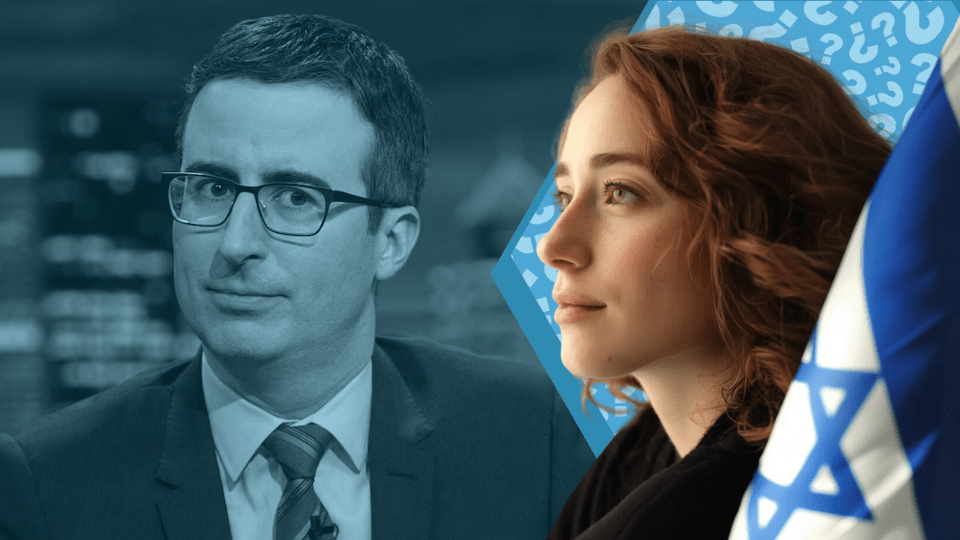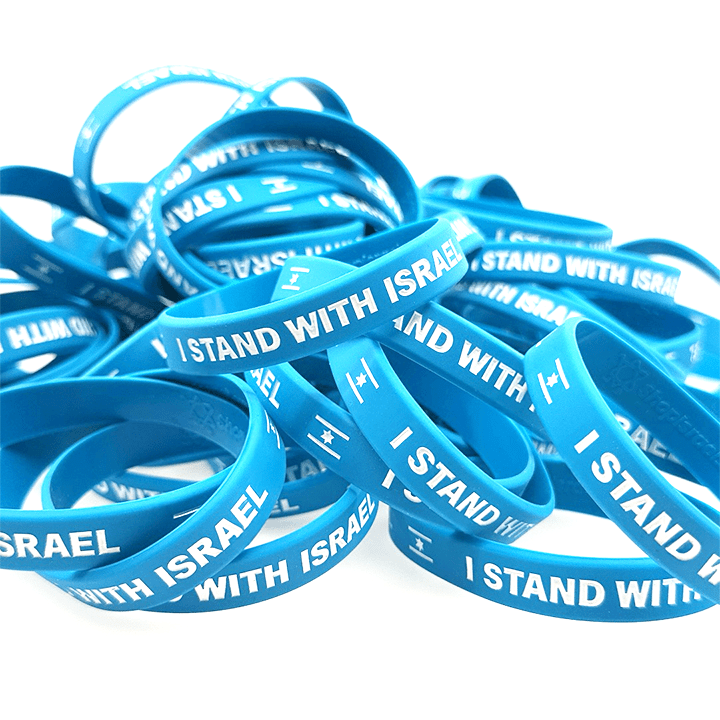Key Takeaways
- John Oliver has not been noted for any direct personal engagements or visits to Israel, but he has made significant public statements about the Israel/Palestine conflict.
- He has expressed strong opinions on Israel, particularly criticizing its actions in the occupied Palestinian territories, which he has described as "genocide" on his show.
- John Oliver's political stance on Israel is critical, often aligning with perspectives that highlight Palestinian rights and criticize Israeli policies.
Has John Oliver Engaged with Israel Directly?
There is no public record of John Oliver visiting Israel or engaging in personal or professional collaborations with Israeli communities. His engagement with Israel is primarily through his public commentary on the Israel/Palestine conflict.
- John Oliver has not been reported to have visited Israel or participated in any events within the country.
- He does not appear to have established any personal ties or ongoing collaborations with Israeli communities or organizations.
Has John Oliver Expressed Opinions on Israel?
John Oliver has been vocal about his views on Israel, particularly in the context of the Israel/Palestine conflict. His commentary often highlights what he perceives as injustices faced by Palestinians.
- Notably, he has accused Israel of committing genocide in the occupied Palestinian territories, sparking significant controversy and debate.
- He has participated in discussions on Israeli affairs through his show, often using satire to critique Israeli policies and actions.
What Is John Oliver’s Stance on Politics and Israel?
John Oliver's political perspective on Israel is critical, focusing on human rights issues and the plight of Palestinians. His commentary often aligns with progressive views that emphasize Palestinian rights and criticize Israeli actions.
- John Oliver’s overall political alignment is progressive, and his views on Israel reflect a critical stance towards Israeli policies, particularly regarding the occupation and treatment of Palestinians.
-
Key points about his stance:
- He has made public statements criticizing Israeli actions in the occupied territories.
- His commentary often emphasizes the need for accountability and justice for Palestinians.
Community Engagement and Advocacy
John Oliver's community engagement and advocacy efforts are primarily through his public commentary and satire on *Last Week Tonight*. While he has not been involved in specific charitable or advocacy work related to Israel, his show has raised awareness about various global issues, including the Israel/Palestine conflict.
- There is no record of John Oliver undertaking charitable work specifically focused on Israel or collaborating with Israeli organizations.
- His advocacy efforts are largely confined to raising awareness and critiquing policies through his television show.
Cultural Impact Related to Israel
John Oliver's influence on cultural perceptions of Israel is significant due to his global audience and the impact of his commentary on public discourse. His views have contributed to ongoing debates about Israel's actions and policies, particularly among progressive audiences.
- His cultural contributions are primarily through his satirical commentary, which has resonated with audiences critical of Israeli policies.
- His influence aligns with broader cultural trends that emphasize human rights and social justice, impacting how some view Israel's role in the Middle East.
Conclusion: John Oliver’s Relationship with Israel
John Oliver's relationship with Israel is defined by his critical public commentary on Israeli policies and actions, particularly in the context of the Israel/Palestine conflict. His accusations of genocide have been highly controversial and reflect a broader critique of Israeli actions in occupied territories. Based on his public statements, it is clear that John Oliver does not support Israel's current policies or actions in the occupied territories. His influence on cultural perceptions of Israel is significant, contributing to ongoing debates about Israeli policies and their impact on Palestinians.













































































































